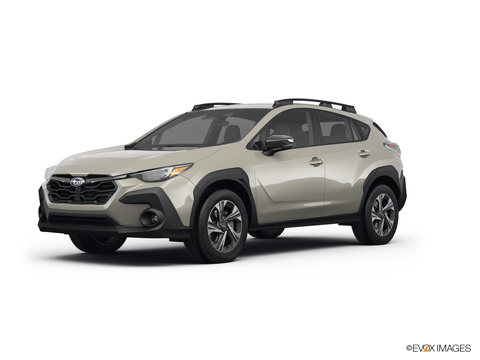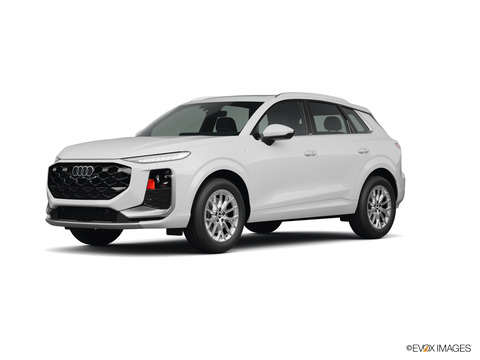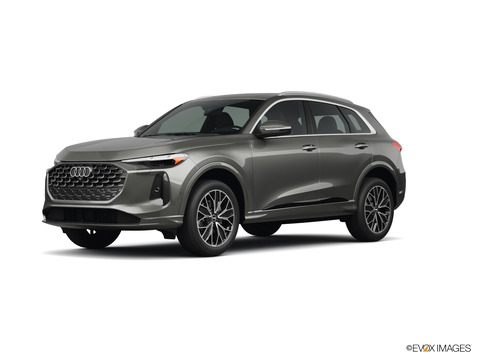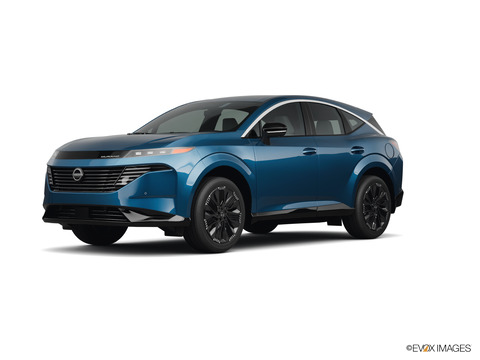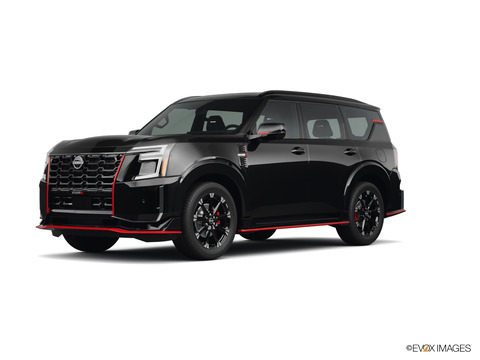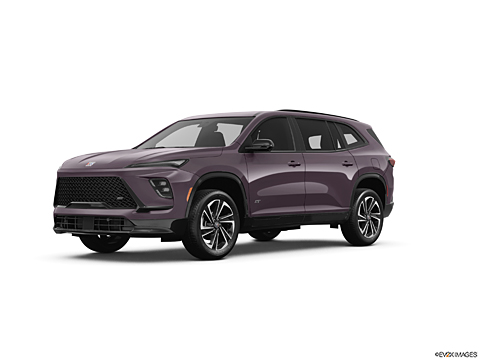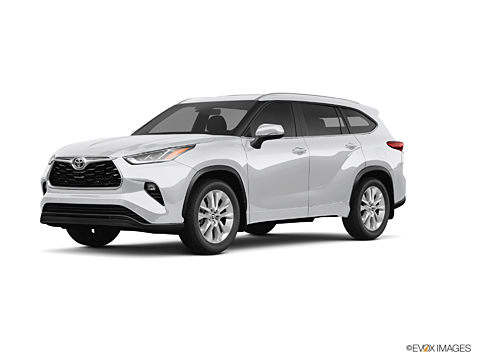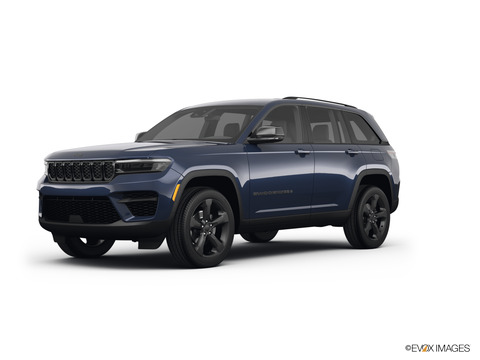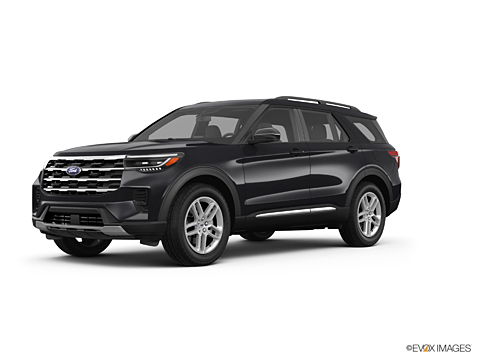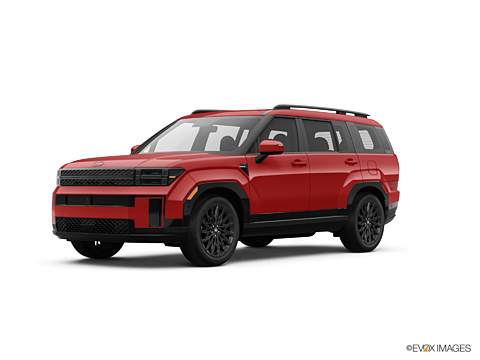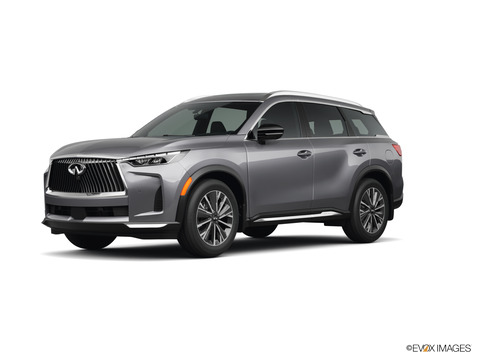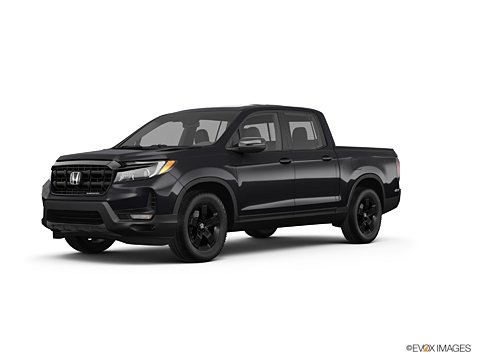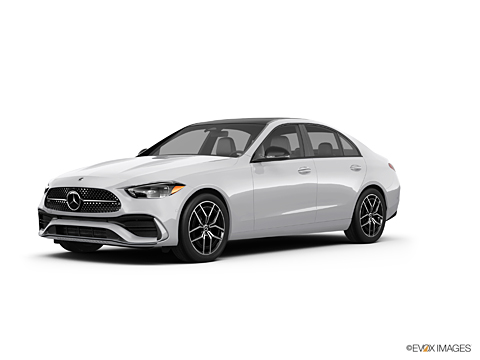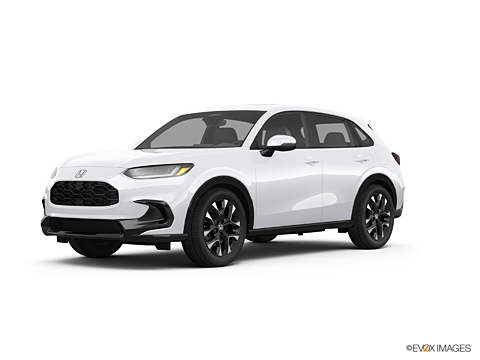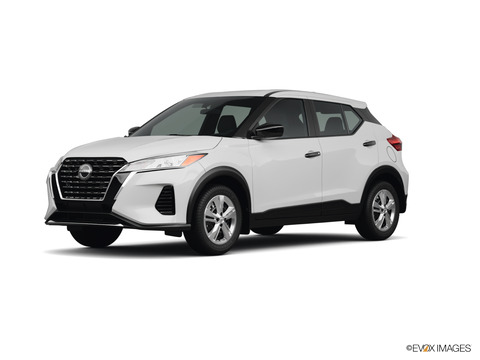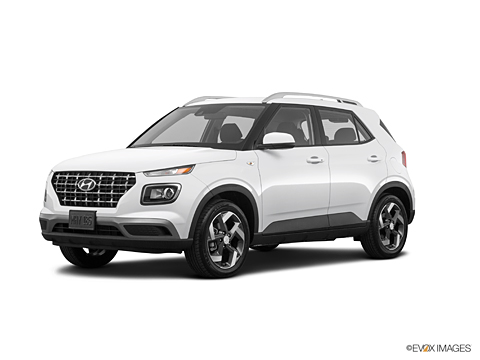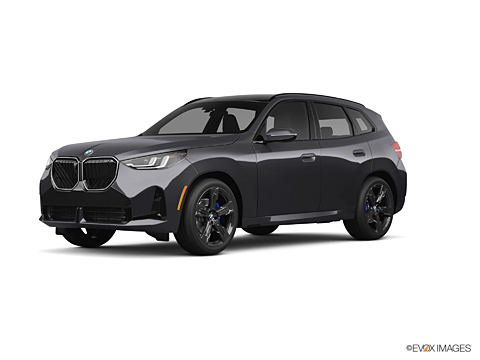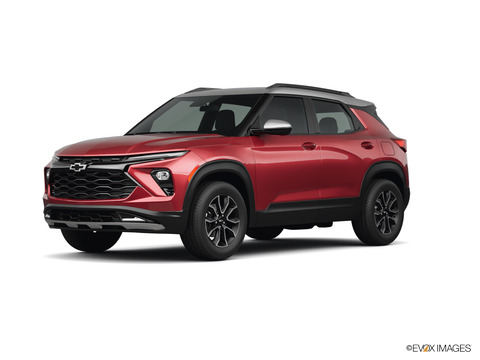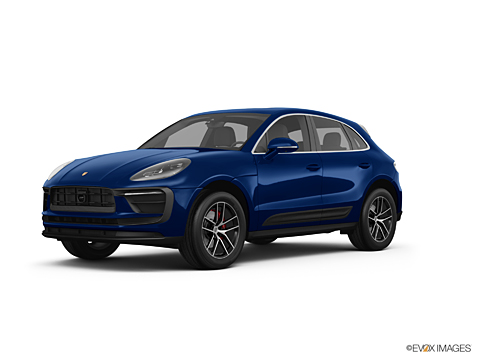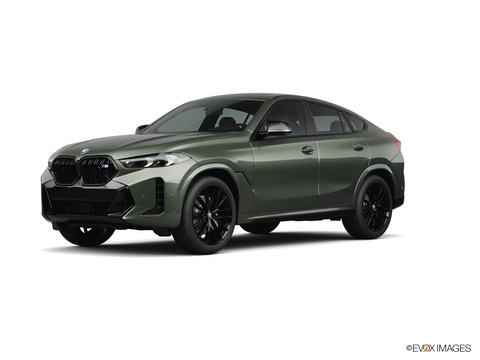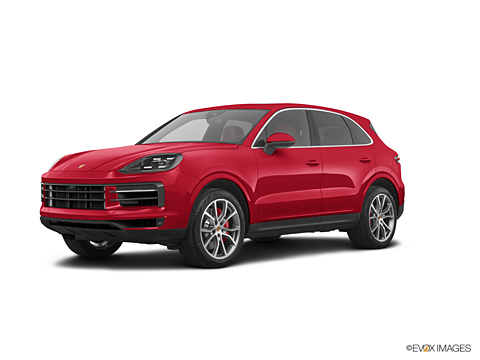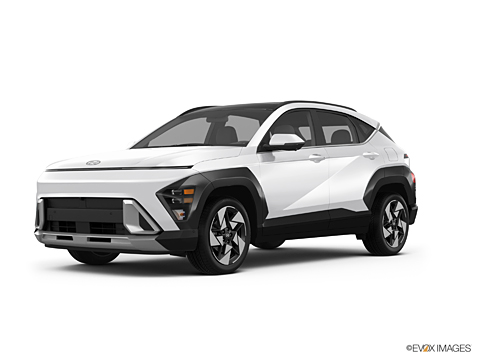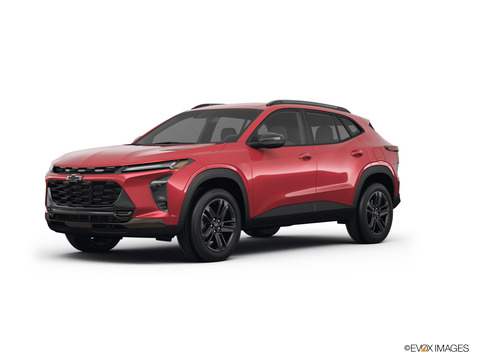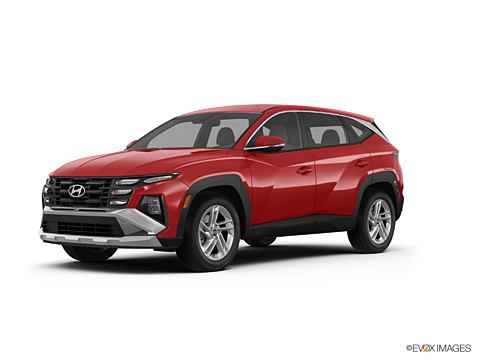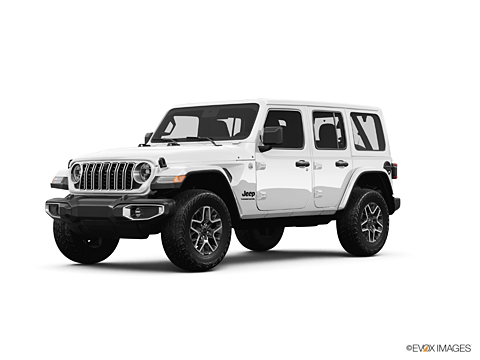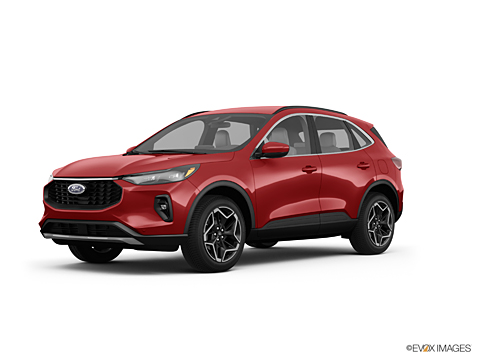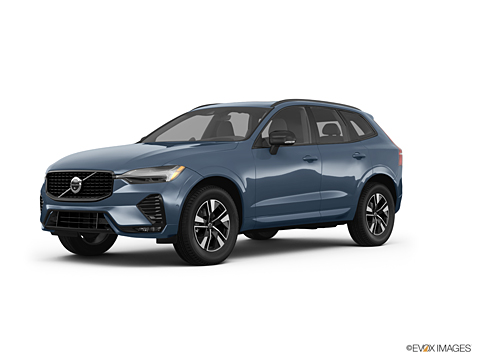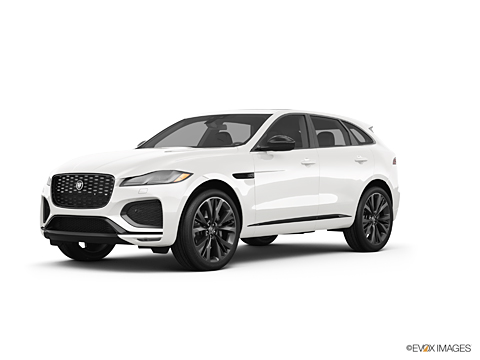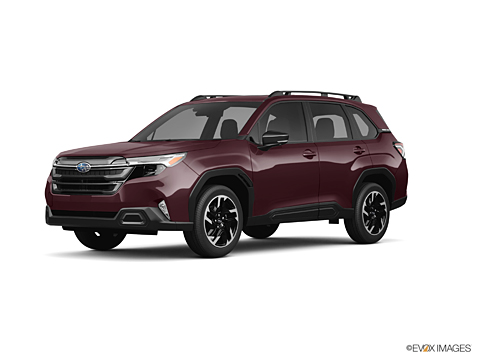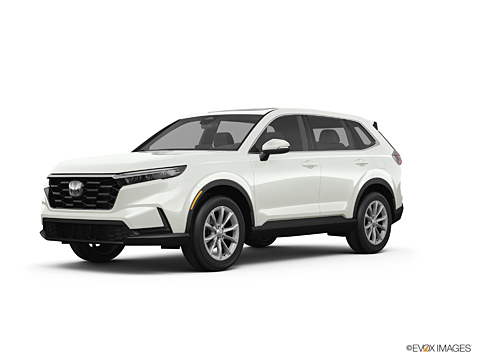
Best Family SUVs for 2026
These are the best family SUVs ranked by iSeeCars' analysis of each vehicle’s reliability and NHTSA and IIHS safety ratings, along with key family-friendly features.
The best family subcompact SUV is the Subaru Crosstrek, with the Subaru Outback (suv) being the best family small and compact SUV. The Nissan Murano ranks #1 for the best family midsize SUVs.
The best family large SUV is the Nissan Armada and the best family crossover SUV is the Nissan Murano. Topping the list for the best family three-row SUVs is the Nissan Pathfinder, while the Toyota Highlander Hybrid ranks first for the best family hybrid SUVs.
The best family plug-in hybrid SUV (PHEV) is the Jeep Grand Cherokee (Plug-in Hybrid).
SUVs have become the most popular type of family car, displacing hatchbacks, sedans, wagons, and even minivans over the past 20 years. Between their boxy shape and increasingly common third-row availability, modern SUVs combine the practicality of a roomy cabin with the confidence of all-wheel drive.
iSeeCars has identified the best family SUVs across every size category, including hybrid and electric variants. The vehicles are ranked by their Family Car Score, which prioritizes safety and reliability and then considers which family friendly features are available on each model. Additional details, like fuel economy specs, cargo space (shown in cubic feet), and pricing for both new and used models are provided.
Full-size SUVs like the Chevy Suburban offer impressive towing capacity and spacious third-row seats to further expand their “do it all” nature, though the V8 powertrains in these large SUVs means fuel efficiency suffers.
Buyers seeking a family-friendly SUV can balance passenger capacity and fuel economy with midsize models like the Ford Explorer, Hyundai Palisade, and Kia Telluride. These 3-row SUVs still offer up to 8-passenger capacity, available AWD, and a long list of safety features. But with either turbo 4-cylinder or 6-cylinder engines they deliver higher mpg ratings and boast lower starting prices versus full-size SUVs.
Smaller SUVs like the Chevrolet Traverse and Honda CR-V offer a more car-like driving experience and even better fuel efficiency than mid-size models, but only a few, like the Kia Sorento, offer a third-row of seating. Second-row space in these compact SUVs remains effective for children, through larger adults may consider rear seat space too limited.
Buyers seeking maximum fuel efficiency should consider a subcompact SUV or a hybrid model. Interior space is limited in the subcompacts, but like most new cars even these low-cost SUVs include driver-assistance tech like automatic emergency braking and basic amenities, such as a touch-screen infotainment system featuring Apple CarPlay and Android auto.
Electric SUVs are yet another option for family shoppers, with more models entering the market every year. Electric SUVs will typically cost more than an equivalently-sized gasoline version, but they often include tax incentives to lower their purchase price, and long-term ownership costs should be lower because they have fewer mechanical parts to maintain.

How We Rank These Cars
The Best Family Cars rank vehicles by iSeeCars' analysis of each vehicle’s reliability and NHTSA and IIHS safety ratings, along with key family-friendly features.
The best family vehicle is specific to one or more trim levels for a given vehicle model, and has the highest combined reliability and safety score as well as the most important family-friendly features. In the event there is a tie, we use iSeeCars proprietary rating of the overall quality of the car (iSeeCars Score) to break the tie.
Separately, the overall iSeeCars Score shown for each vehicle is an analysis of three factors: reliability, resale value and safety. It is calculated based on the latest research and analysis by our data science team. The data analysis comes from over 12 million new and used vehicles in our Longest-Lasting Cars and 5-Year Depreciation Studies, combined with NHTSA and IIHS Safety Ratings.
Vehicles are scored in three categories:

Reliability
The reliability score represents an analysis of iSeeCars' proprietary research on the longest-lasting vehicles.

Value Retention
The value retention score is based on our data science team's statistical analysis and prediction of 5-year depreciation from MSRP to determine which cars hold their value best, using US Bureau of Labor Statistics data to adjust for inflation.

Safety
The safety score is calculated based on the last five years of crash test ratings from the National Highway Traffic Safety Administration (NHTSA) and incorporates the latest Top Safety Pick information from the Insurance Institute for Highway Safety (IIHS).

